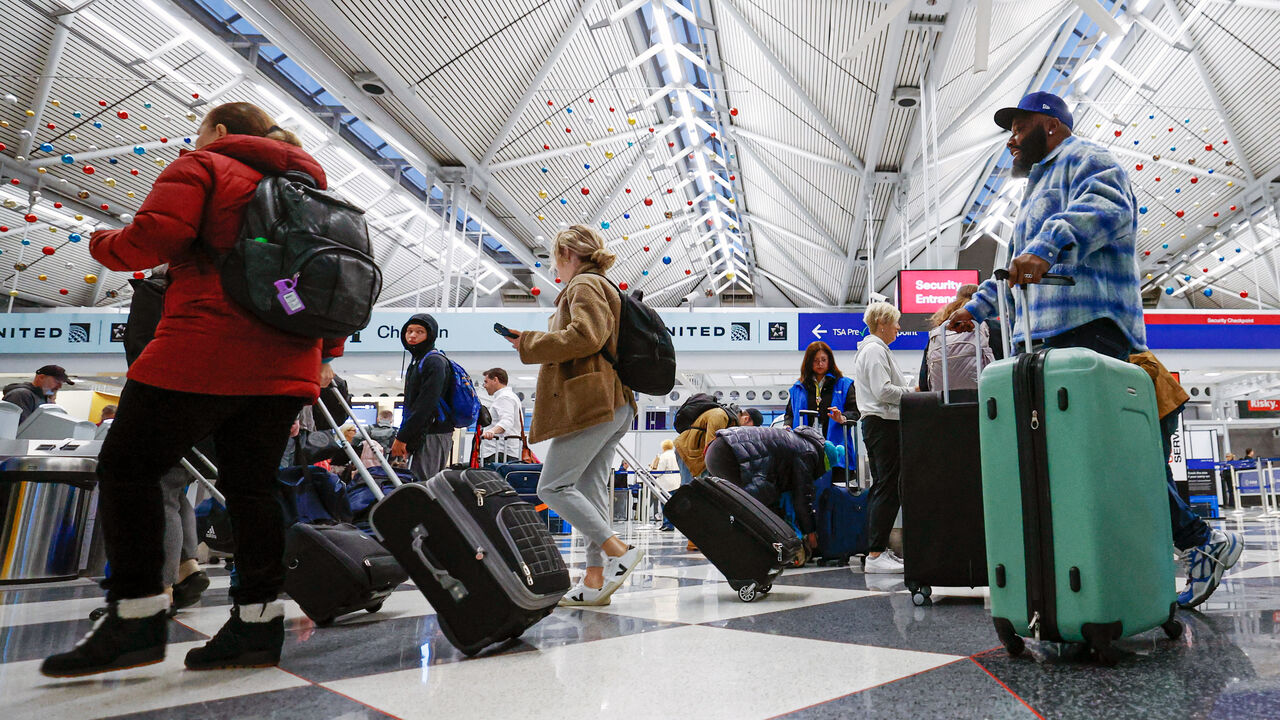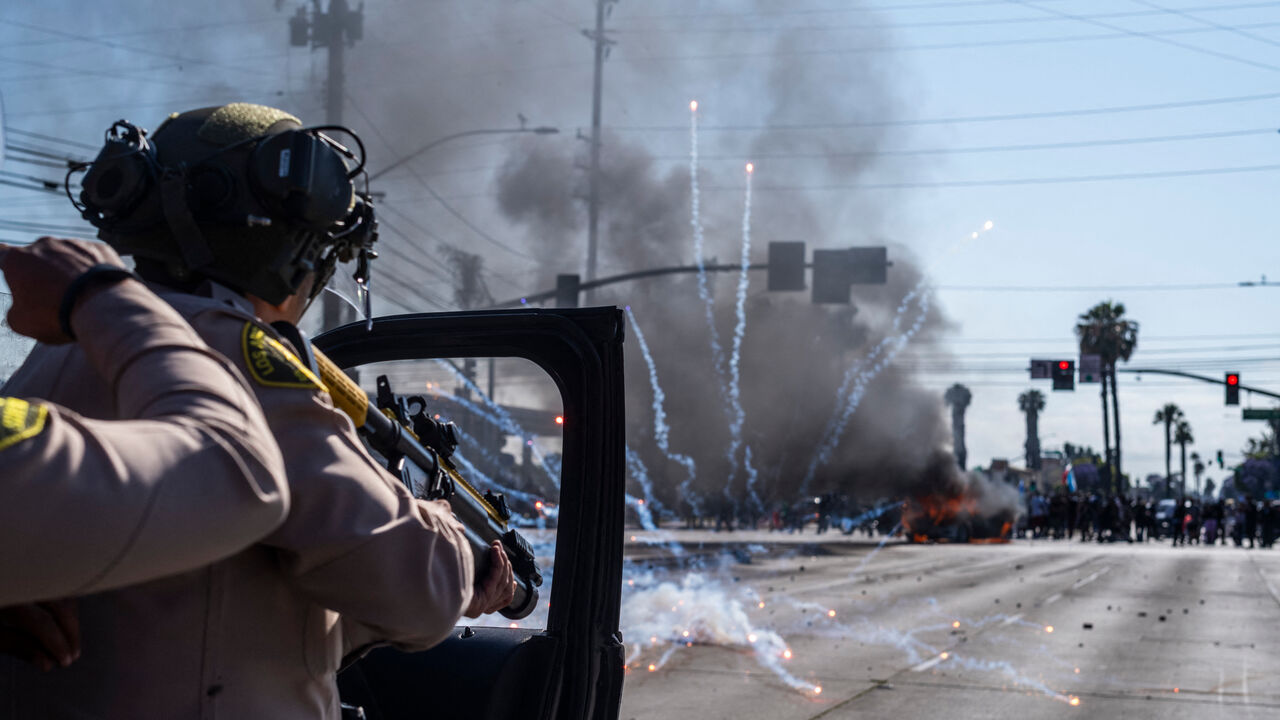Economics
CEOs think the U.S. is ‘probably in a recession right now,’ says BlackRock’s Larry Fink
-

 Blog Post1 week ago
Blog Post1 week agoCommon Bookkeeping Challenges and Solutions for Small Businesses
-

 Economics1 week ago
Economics1 week agoWhy the president must not be lexicographer-in-chief
-

 Finance1 week ago
Finance1 week agoThis is why Jamie Dimon is so gloomy on the economy
-

 Personal Finance1 week ago
Personal Finance1 week agoU.S. birth rate drop outpaces policy response, raising future concerns
-

 Accounting1 week ago
Accounting1 week agoSteinhoff fraud trial moved to South Africa’s high court
-

 Economics1 week ago
Economics1 week agoGerman inflation May 2025
-

 Personal Finance6 days ago
Personal Finance6 days agoWhat the national debt, deficit mean for your money
-

 Personal Finance1 week ago
Personal Finance1 week agoHow to save on summer travel in 2025






















